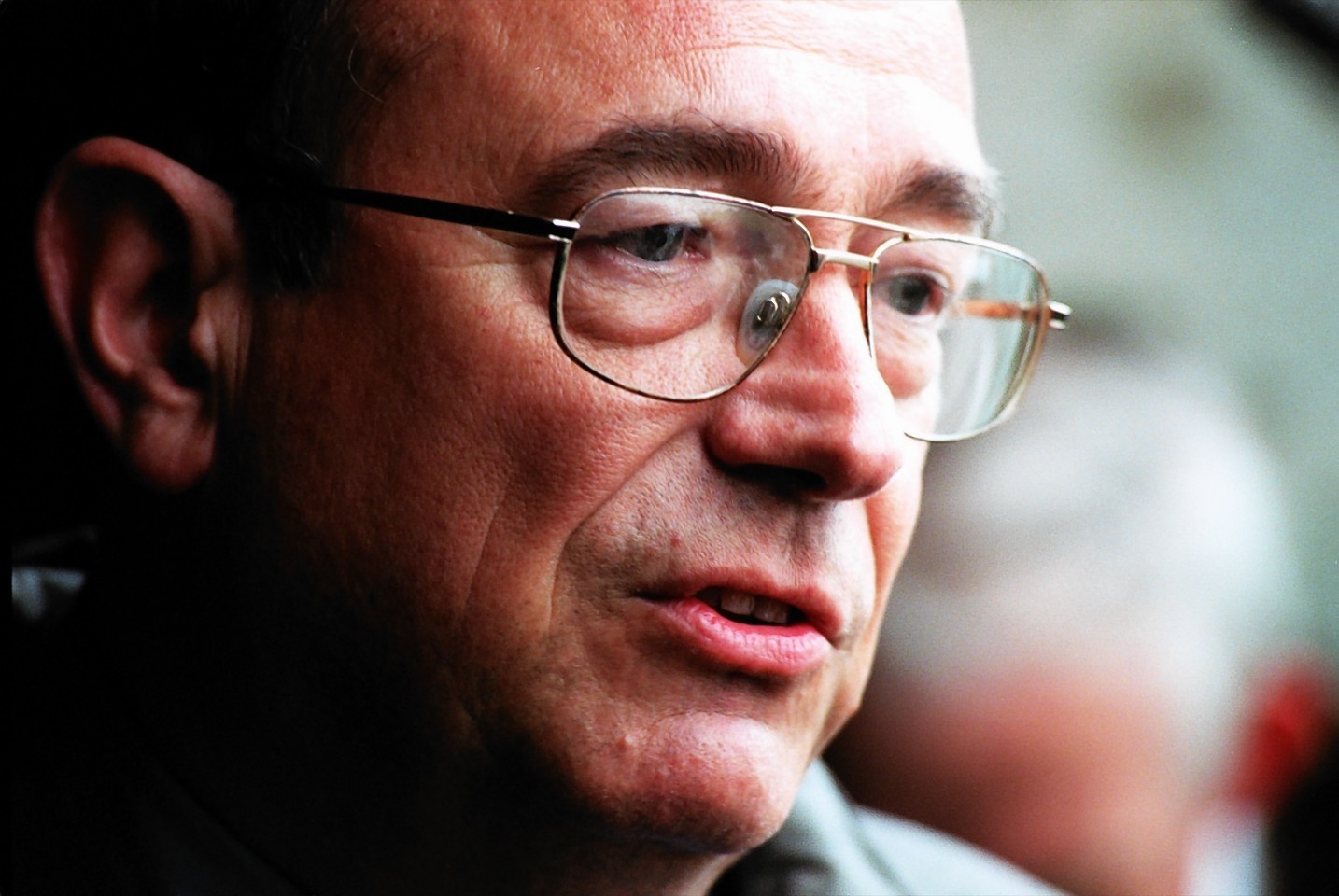North-east peer, Lord Sewel, has resigned from the House of Lords after being filmed allegedly taking drugs with prostitutes.
In a letter to the Clerk of the Parliaments, he wrote: “I want to apologise for the pain and embarrassment I have caused.”
Clandestine video acquired by The Sun on Sunday appeared to show the peer – whose main address is listed as being in Aberdeen- snorting suspicious powder from a woman’s breasts.
He said he hoped his resignation would “limit and help repair” the damage.
Metropolitan Police said it was looking into “allegations of drug-related offences involving a member of the House of Lords”.
Yesterday (Monday July 27) the peer requested a leave of absence from the Lords, but it was believed he did not plan to quit.
However in a statement Lord Sewel said: “I have today written to the clerk of parliaments terminating my membership of the House of Lords.
“The question of whether my behaviour breached the code of conduct is important but essentially technical .
“The bigger questions are whether my behaviour is compatible with membership of the House of Lords and whether my continued membership would damage and undermine public confidence in the House of Lords.
“I believe the answer to both these questions means that I can best serve the House by leaving it. ”
Lord Sewel, married, faced widespread calls to step down from Parliament after the Sun newspaper ran lurid claims about an alleged tryst with prostitutes.
He was also pictured wearing an orange bra and leather jacket as he reclined, smoking a cigarette.
A group of officers, including one on a bicycle, searched his London flat for three hours and left carrying several bags of evidence and a battering ram.
Although Lord Sewel has resigned from the House of Lords he will keep the 1996 peerage he was given by then Labour leader Tony Blair.
As a junior Scottish Office minister in Blair’s government, Sewel steered legislation through the Lords which paved the way for establishing the Scottish Parliament.
His name was given to the ‘Sewel convention’ which allows the UK Parliament to pass legislation on a devolved issue extending to Scotland, over which the Scottish Parliament has legislative authority.
He stood for the Scottish Parliament in its inaugural election in 1999 but was not successful.
He is also a member of the Nato parliamentary assembly.
He quit his £84,500 a year role as deputy speaker of the Lords and chairman of the Lords privileges and conduct committee in the wake of the revelations on Sunday.
